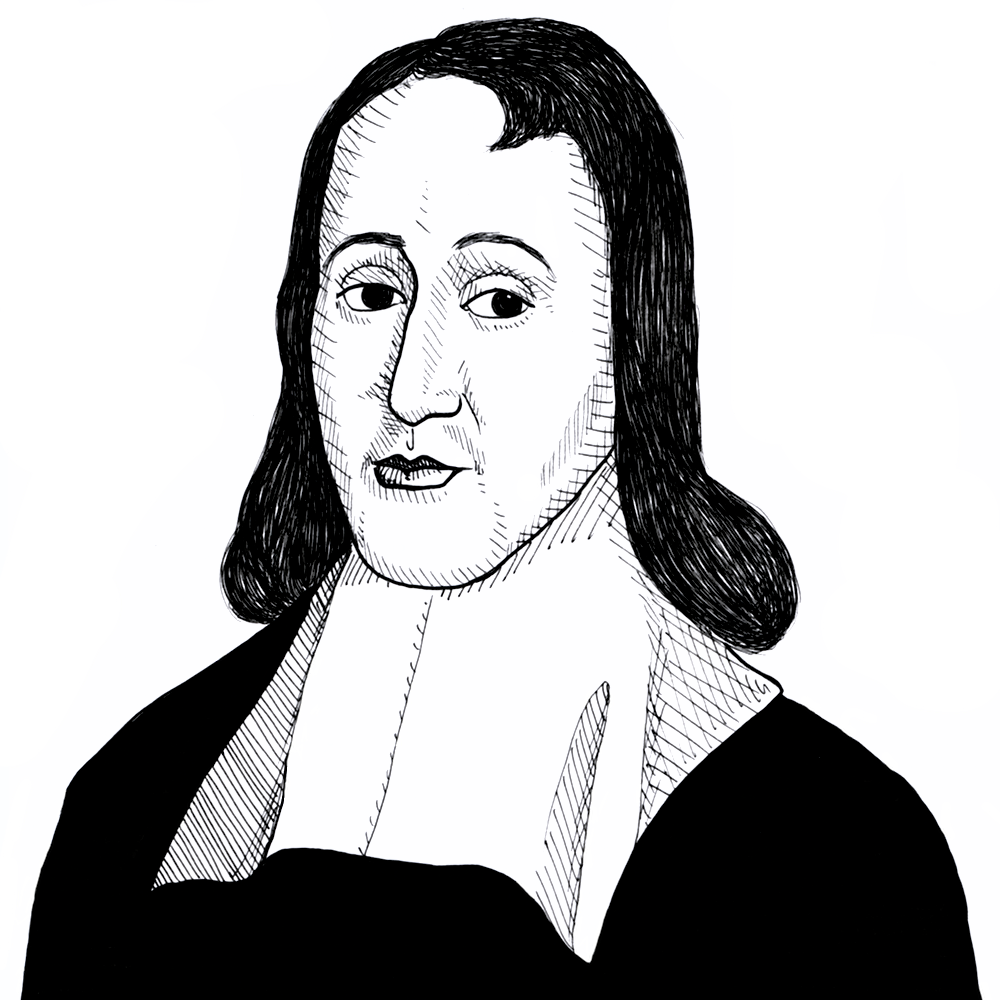
Benedict de Spinoza on the natural right every person has to think and speak on any subject they choose (1670)
Found in: The Chief Works of Benedict de Spinoza, vol 1
The Dutch philosopher Benedict de Spinoza (1632-1677) argued that “in a free state every man may think what he likes, and say what he thinks”:
Freedom of Speech
(N)o man’s mind can possibly lie wholly at the disposition of another, for no one can willingly transfer his natural right of free reason and judgment, or be compelled so to do. For this reason government which attempts to control minds is accounted tyrannical, and it is considered an abuse of sovereignty and a usurpation of the rights of subjects, to seek to prescribe what shall be accepted as true, or rejected as false, or what opinions should actuate men in their worship of God. All these questions fall within a man’s natural right, which he cannot abdicate even with his own consent.